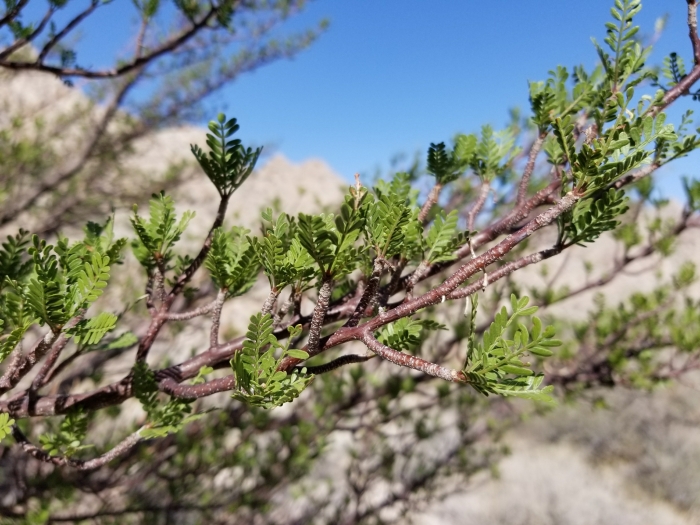Elephant Tree
(Bursera microphylla)
Elephant Tree (Bursera microphylla)
/
/

Bob Miller
CC BY 4.0
Image By:
Bob Miller
Recorded By:
Copyright:
CC BY 4.0
Copyright Notice:
Photo by: Bob Miller | License Type: CC BY 4.0 | License URL: http://creativecommons.org/licenses/by/4.0/ | Rights Holder: Bob Miller | Publisher: iNaturalist | Date Created: 2018-02-11T10:49:04-08:00 |
























































Estimated Native Range
Summary
Bursera microphylla, commonly known as the Elephant Tree, is a semi-succulent small tree or large shrub native to the Sonoran Desert and Baja California regions, including Southern California, Arizona, and Northwestern Mexico. It is adapted to arid environments, often found in rocky, dry washes and slopes. This species is known for its distinctive sculptural form with a thickened, water-storing trunk, which is an adaptation to its dry habitat. It can reach up to 10 meters (33 feet) in height, though it is often smaller. The bark is light gray to white, with younger branches exhibiting a reddish hue. Its foliage consists of long, straight, flat leaves resembling legumes, with paired leaflets. The Elephant Tree blooms with rounded yellow buds that open into small, star-shaped, white or cream flowers, typically in the summer. The fruit is a drupe with a yellow stone, and the leaves are deciduous. Birds play a significant role in seed dispersal for Bursera species.
The Elephant Tree is valued for its unique appearance and low water requirements, making it suitable for xeriscaping and as an ornamental feature in drought-tolerant gardens. It thrives in full sun and requires soils with excellent drainage. While it is not commonly used in cultivation due to its specific habitat needs, it can be a striking addition to rock gardens or desert landscapes. Care should be taken when planting as it may not tolerate cold temperatures well.CC BY-SA 4.0
The Elephant Tree is valued for its unique appearance and low water requirements, making it suitable for xeriscaping and as an ornamental feature in drought-tolerant gardens. It thrives in full sun and requires soils with excellent drainage. While it is not commonly used in cultivation due to its specific habitat needs, it can be a striking addition to rock gardens or desert landscapes. Care should be taken when planting as it may not tolerate cold temperatures well.CC BY-SA 4.0
Plant Description
- Plant Type: Shrub, Tree
- Height: 6-25 feet
- Width: 10-30 feet
- Growth Rate: Slow
- Flower Color: N/A
- Flowering Season: Summer
- Leaf Retention: Deciduous
Growth Requirements
- Sun: Full Sun
- Water: Low
- Drainage: Fast
Common Uses
Bird Garden, Low Maintenance
Natural Habitat
Sonoran Desert and Baja California regions
Other Names
Common Names: Elephant-Tree , Torote
Scientific Names: Bursera microphylla , Elaphrium microphyllum , Terebinthus microphylla
GBIF Accepted Name: Bursera microphylla A.Gray